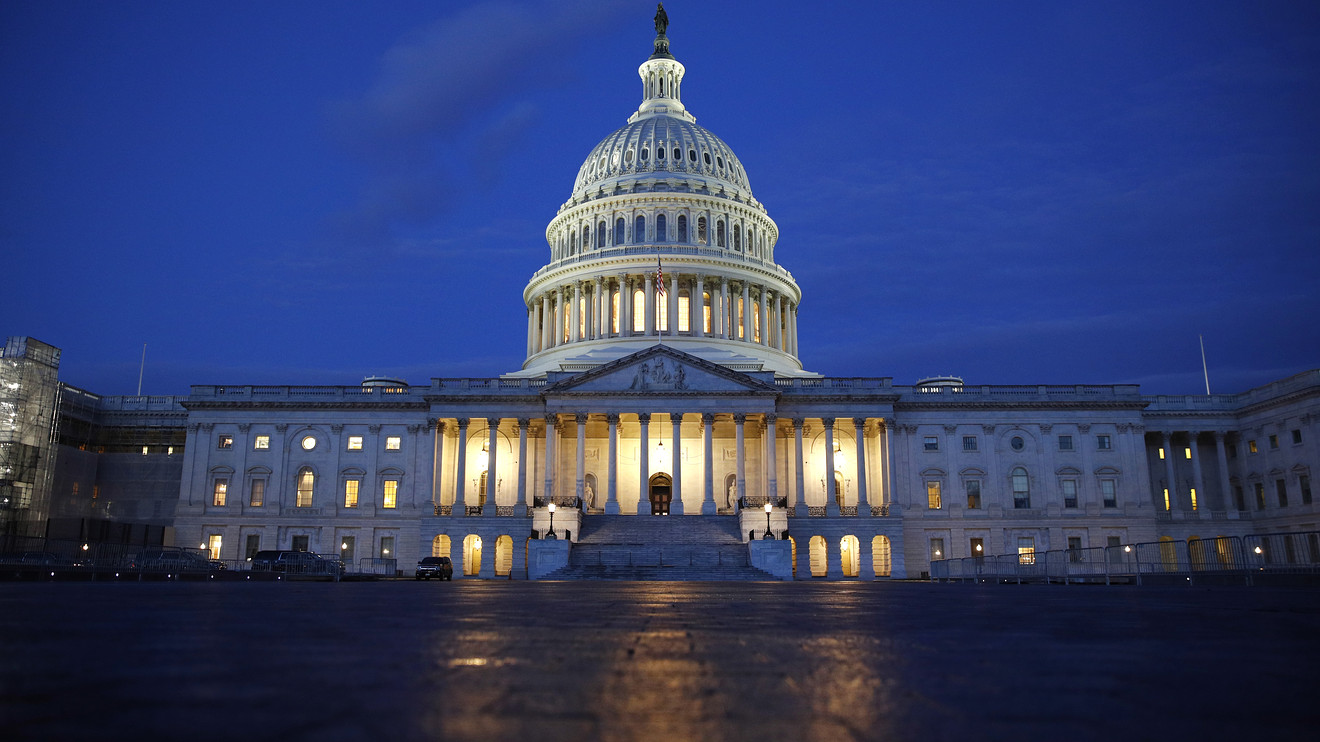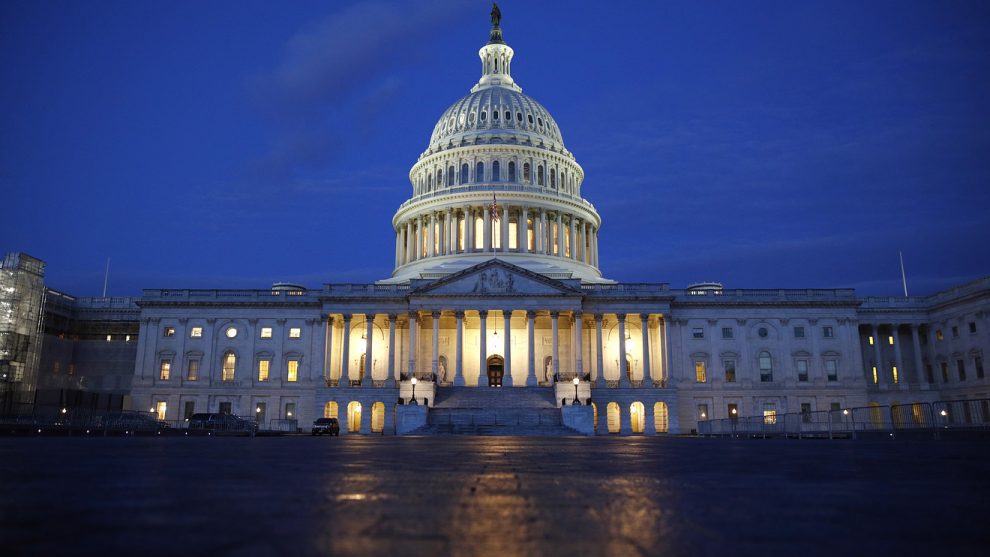
It took some last-minute wrangling and a letter as well, but the Senate late Wednesday passed a bill easing conditions for small businesses tapping the government’s Paycheck Protection Program.
The House had passed the bill by an overwhelming 417-1 tally last week and senators had been discussing earlier in the week whether to make a few tweaks to it — which would have necessitated another House vote — or passing it unanimously and finding ways to fix what some saw as problems later.
In the end, senators chose the latter course, allowing Senate Majority Leader Mitch McConnell and Democratic Leader Chuck Schumer to announce the deal and passage on the Senate floor early Wednesday night. It was the second attempt in a few hours to pass the bill under unanimous consent.
The Paycheck Protection Program Flexibility Act makes changes to the PPP that include extending the period for using loans to 24 weeks from eight weeks. It also would let borrowers spend just 60%, rather than 75%, of their loan proceeds on paying workers and still be eligible for loan forgiveness.
The next step for the bill will be to President Donald Trump’s desk for his signature.
Part of the deal to get it passed Wednesday and avoid another voting round in the House was a letter from party leaders of Congress’ small-business committees sought by Sen. Ron Johnson, a Wisconsin Republican, to clarify aspects of the bill some senators had seen as unclear or problematic.
Johnson held up the initial request to pass the bill unanimously over his demand for a letter, which is to be printed in the Congressional Record. Specifically, he sought clarity on the program’s authorization period remaining the same as it was and not being extended, along with the program’s new spend-out timeline and the conditions for loan forgiveness if the new, lower 60% threshold for paying workers was not met.
McConnell submitted a letter for the record after the bill passed. While not binding, letters and floor colloquies by lawmakers to state their legislative intent when passing a law can be cited by the administration or courts when there are disputes over ambiguities in the text. Their use is uncommon, but not unheard of.











Add Comment